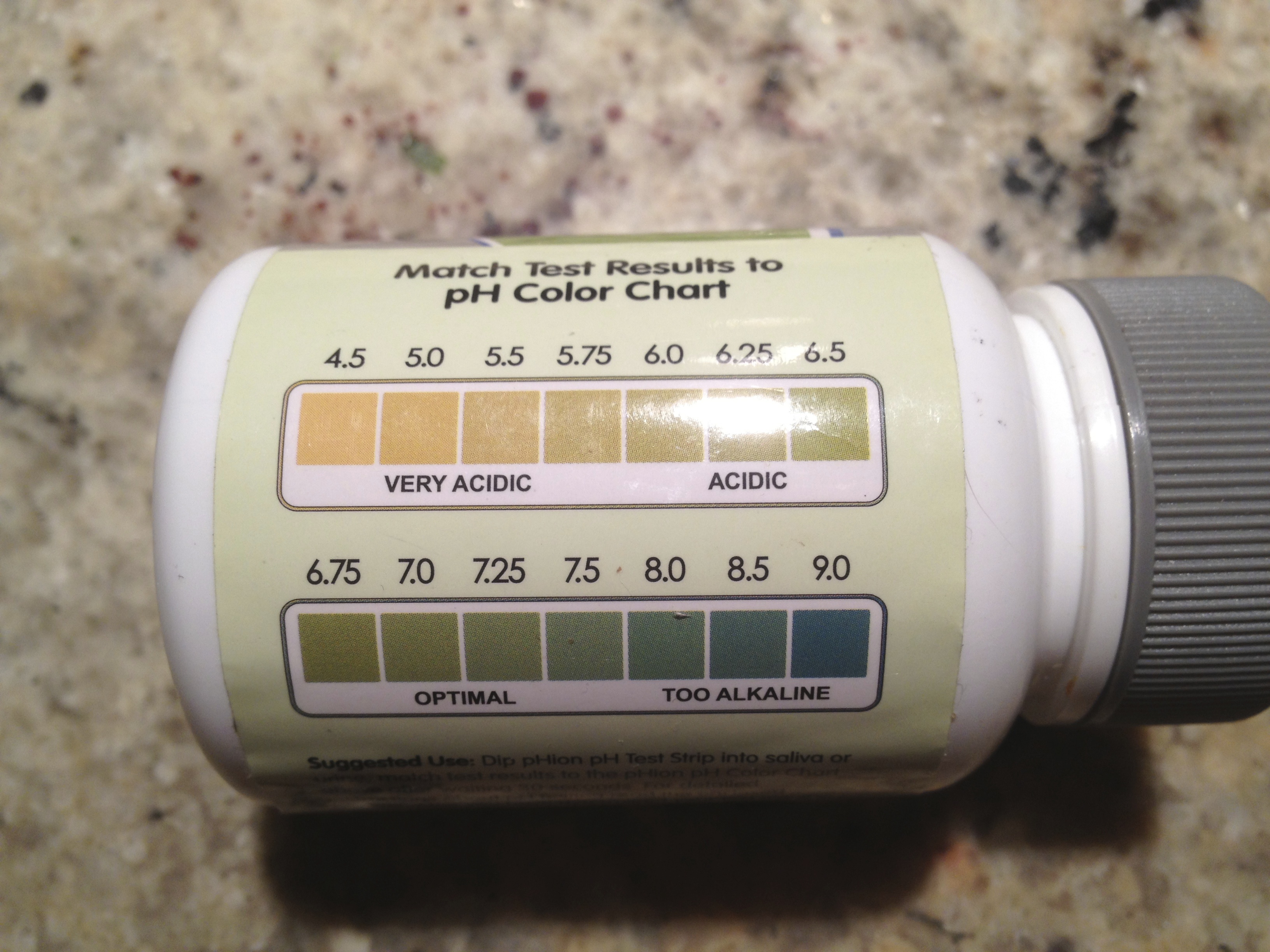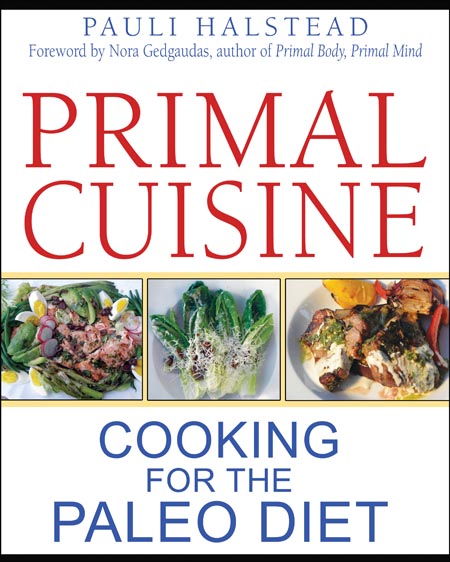 pH testing is an easy way to determine your level of health. I’ve got some pHion diagnostic pH test strips that I got on Amazon, and they measure pH between 4.5 (very acidic) and 9.0 (too alkaline).
pH testing is an easy way to determine your level of health. I’ve got some pHion diagnostic pH test strips that I got on Amazon, and they measure pH between 4.5 (very acidic) and 9.0 (too alkaline).
An optimal pH of urine and saliva (says the lablel) is in the range of 6.75 to 7.25, which is right around a neutral pH of 7.0.
I just measured my own pH, and I’m at 7.5, which is optimal. Given what I know about nutrition, I’d guess it’s easier to correct a too-alkaline pH rather than a too-acidic condition.
The Standard American Diet (SAD) is very acidic because it’s full of sugar, processed grains, starches, meats and dairy, all of which are acidic (sugar being the most acidic). SAD foods are typically low in alkaline foods such as sea vegetables, vegetables and sea salt.
Dr. Mark Sircus, author of “Sodium Bicarbonate – Full Medical Review“, says that the “first step in maintaining health is to alkalize the body”. He also writes that “The closer the pH is to 7.35 – 7.45, the higher our level of health and well being”.
I have to say I feel pretty great right now, and my pH is 7.5. I’m curious to see how it measures when I’m not feeling well. I’d guess it’d be on the more acidic side.
Interestingly, Dr. Sircus writes that “cancer cells have a lower pH than surrounding tissue” because “excessive acidic pH leads to cellular deterioration, which eventually brings on serious health problems such as cancer, cardiovascular disease, diabetes, osteoporosis and heartburn.”
A low pH can also be associated with colds, the flu, viral infections, allergies, asthma, cancer and neurological disorders.
If you want to get vain about it, Dr. Sircus points out that there is “a relationship between the aging process and the accumulation of acids”, so there’s another reason to eat your veggies – so you won’t age so fast!
Now that I’ve read this book, I’ll be more diligent about tracking the pH of my family and tracking it versus how we feel. How about you – have you ever checked your pH?
 It’s spring (finally!), and I’m craving fresh vegetables. I kid you not: once you eat a cleaner diet, you like the way it makes you feel.
It’s spring (finally!), and I’m craving fresh vegetables. I kid you not: once you eat a cleaner diet, you like the way it makes you feel.


